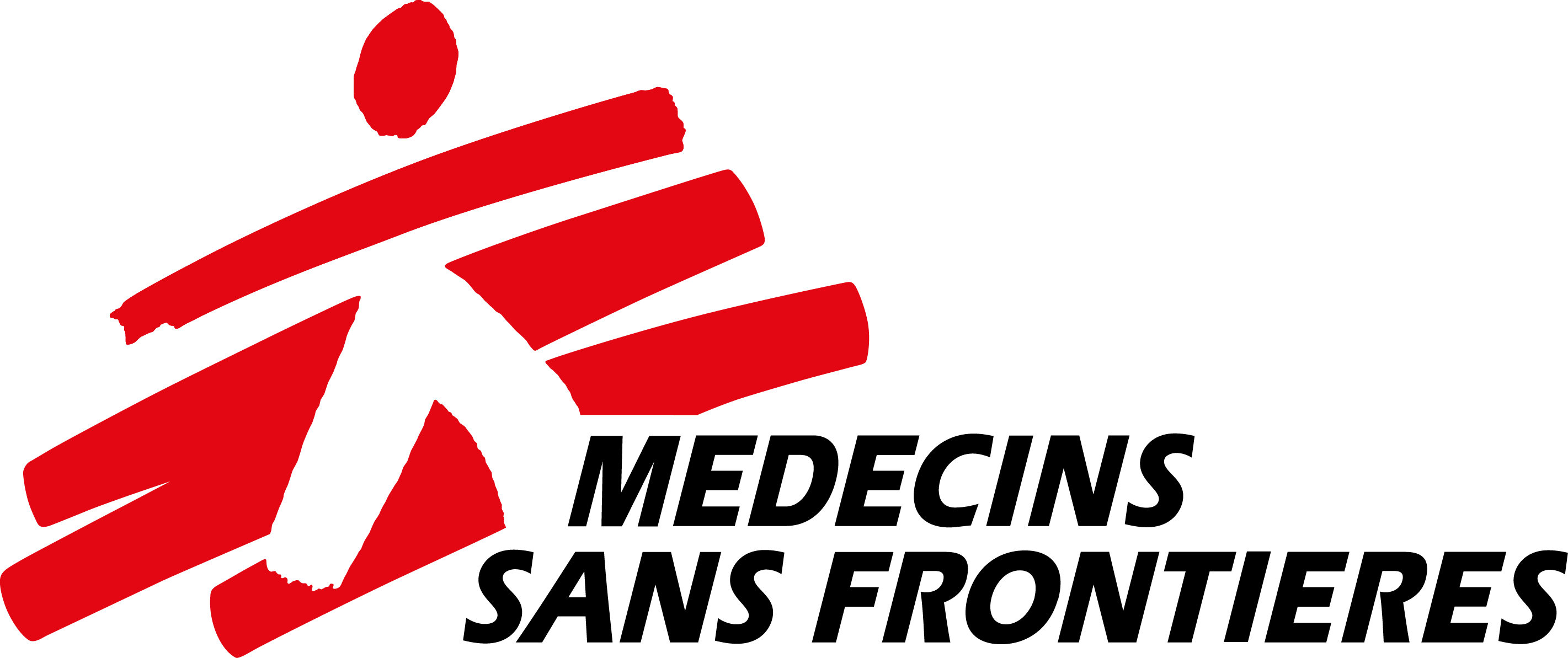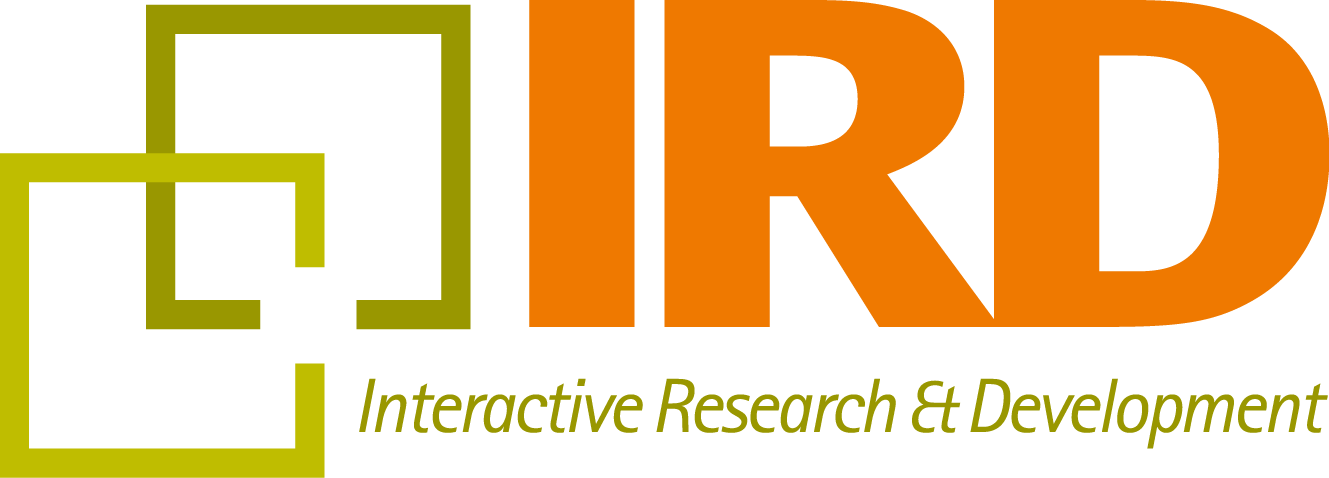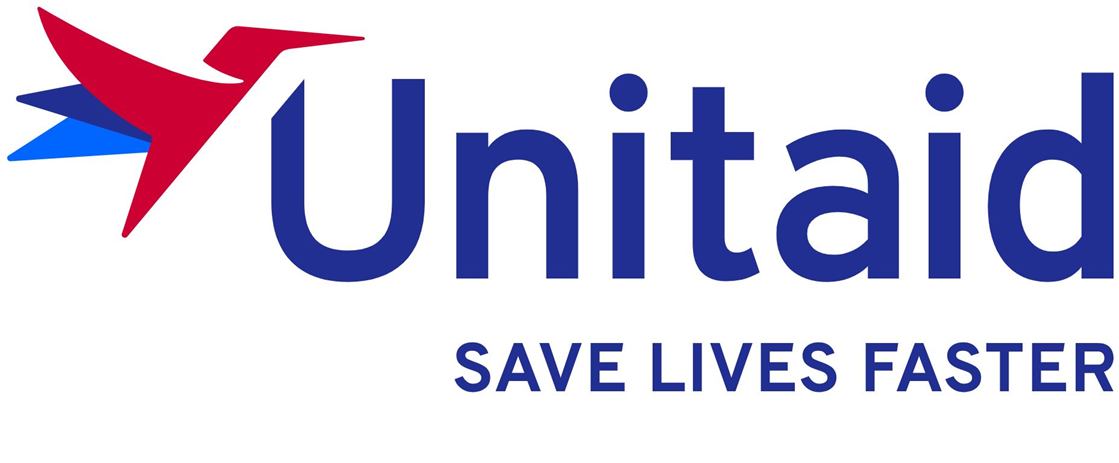[Press release]
Early Results of First Trial Conducted Exclusively in People with Pre-Extensively Drug-Resistant Tuberculosis Show Promise
Personalized Medicine Approach Highlights Benefits of New Shorter Treatment Strategy
Paris/Boston, 13 November 2024 - The endTB consortium has completed endTB-Q, the first Phase 3 randomized controlled trial to exclusively enroll people suffering from pre-extensively drug-resistant tuberculosis (pre-XDR-TB), a very hard-to-treat form of tuberculosis (TB). The trial, conducted by the endTB consortium (Médecins Sans Frontières, Partners In Health, and IRD), demonstrated that a shorter treatment strategy than the conventional treatment and comprised of a combination of four drugs—bedaquiline, clofazimine, delamanid, and linezolid (BCDL)—achieved high cure rates overall and especially good results in the population with non-severe cases of the TB disease. Preliminary results are being presented at the Union World Conference on Lung Health in Bali, Indonesia on November 13, 2024.
Pre-XDR-TB is resistant to the most effective anti TB drugs, including rifampicin (the cornerstone of regular TB treatment) as well as fluoroquinolones (a class of drugs that is key in the treatment of TB resistant to rifampicin). Pre-XDR-TB has historically been treated with regimens that are tough to tolerate, last up to two years and achieve cure in less than half of cases. The endTB-Q trial, building on the endTB trial, furthers the shift away from these long, toxic regimens for drug-resistant TB. The trial is the first to use a personalized medicine strategy, using severity of disease and early treatment response to choose the length of treatment, either six or nine months. The study included 323 participants from six countries, India, Kazakhstan, Lesotho, Pakistan, Peru, and Vietnam, ensuring results from this pioneering study and strategy would be relevant to diverse patient populations.
“The predecessors to endTB-Q demonstrated that shorter regimens can achieve success in people with difficult-to-treat TB,” said Carole Mitnick, ScD, Partners In Health Director of Research for the endTB project and Co-Principal Investigator of the study. “However, by focusing exclusively on people with pre-XDR-TB, endTB-Q reveals important risks when treatment cannot rely on a fluoroquinolone, risks which may have been previously underappreciated. And, no matter the regimen, strong treatment support and attentive management of side effects remain critical to success.”
“Antimicrobial resistance (AMR) is a huge threat to human health in Pakistan. Pre-XDR-TB is a particularly worrying form of AMR,” said Dr. Naseem Salahuddin, Principal Investigator for the endTB-Q trial in Pakistan. “Conducting the trial here allowed us to systematically test a solution where it’s needed most.”
Key findings from the trial include:
- BCDL for 6 or 9 months produced high rates of good outcomes (87% cure), although slightly lower than the long regimen (89% cure).
- BCDL started at 6 months—and extended to 9 months in case of delayed treatment response—achieved excellent results in people without severe TB disease at treatment start (93% cure).
- In people with severe TB disease, BCDL for 9 months was not sufficient to prevent relapse compared to the long regimen.
"Our trial innovated in several important ways," said Lorenzo Guglielmetti, MD, PhD, Médecins Sans Frontières Director for the endTB project and Co-Principal Investigator of the clinical trial. "Since we know that treatment for TB is not ‘one size fits all’, we tested a strategy that tailored treatment duration to disease severity and treatment response based on simple criteria. Emerging evidence highlights that the BCDL regimen may be well suited for people with non-severe TB disease but riskier for those with severe disease."
These insights emerged thanks in part to the trial’s sophisticated design, which included focusing on the previously neglected population of patients with pre-XDR-TB and the choice to use an internal control, which was a modern, highly effective regimen. The trial results suggest that choosing the optimal treatment for pre-XDR-TB requires careful consideration of individual risks and benefits, notably the severity of TB disease at treatment start. The strategy of starting BCDL for 6 months and extending to 9 in case of delayed treatment response, should be offered to patients with non-extensive pre-XDR-TB. In patients with extensive pre-XDR-TB, a long regimen may be more suitable to prevent post-treatment relapses.
"The results from this groundbreaking trial, which focuses on individuals with some of the most difficult-to-treat forms of drug-resistant tuberculosis, emphasize the urgent need to enhance our understanding of how to effectively treat this form of the deadly disease. Additionally, it highlights the importance of strengthening people-centered, community-driven approaches. This new evidence will support our ongoing and future investments in this area," said Dr Philippe Duneton, executive director of Unitaid.
This major advancement adds to recent breakthroughs in TB treatment, including WHO’s recommendations for other shorter regimens for MDR-TB in recent years. Future research will be needed to optimize both the composition and duration of treatment for pre-XDR-TB while improving the identification of patients who need reinforced regimens.
The endTB-Q clinical trial was co-funded by Unitaid, Médecins Sans Frontières (with support from the Ramón Areces Foundation and the Jung Foundation for Science and Research), and Partners In Health. It tested newer anti-TB drugs, bedaquiline and delamanid, in combination with older drugs for the first time, as part of an effort by non-governmental organizations to improve treatment for the toughest strains of TB. endTB-Q shows great promise as new options for shorter, less-toxic, and effective regimens for fluoroquinolone-resistant TB start emerging.
Video
>> Click here to download the flyer on the endTB-Q clinical trial results.




